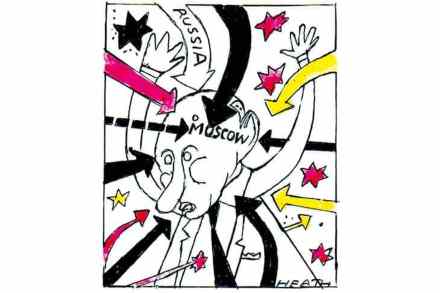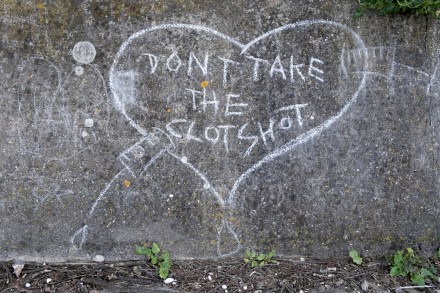Sports fans are rarely shamed for being overzealous
Have you ever loved someone and got nothing back? Next question: was it really so bad? We all feel things for people who don’t even know we exist, and the experience is often enriching. For me, David Bowie’s life held meaning. If the Thin White Duke did not rate as your personal companion, then our late Queen almost certainly did; or, if not her, then what about Walter White, from the TV drama Breaking Bad, since we love fictional characters too? Walt saw me through my divorce; and we enjoy these relationships in private. Sometimes we meet fellow fans, and then, as the cheery Michael Bond points out, ‘one of




















